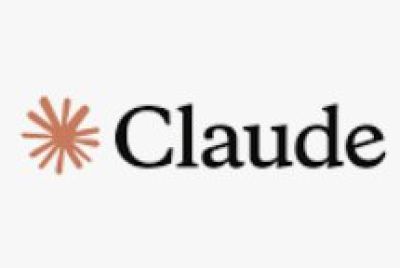The tax factor in super
When it comes to investing costs tax sits top of the table.
And it is one of the things singled out in the Cooper Review of our super system for particular attention and criticism of the way the superannuation industry generally manages tax.
The Cooper report has recommended that the legislation governing super funds should be amended so that trustees of super funds have an obligation to consider the tax consequences of investment strategies.
This is a case of where small self-managed super funds have been doing a much better job than the larger institutional funds.
Members of large super funds may well scratch their head at the notion that their fund and its professional managers are not paying careful attention to the tax consequences of the investment strategy.
Certainly in its submission to the Cooper review large accounting firm KPMG put it succinctly: "Tax is the single biggest expense for most superannuation entities. It should be constantly monitored and be part of an appropriate risk framework. Poor tax governance can mean diminished after-tax returns to fund members ..."
The issue for us all is that we retire and live on after-tax returns - not pre-tax returns.
The Cooper review found that the relatively low tax rate on super "appears to cause trustees and managers to believe that the potential leakage from lack of careful tax management is minimal but in a large super fund even a few basis points can mean millions of dollars".
Identifying the issue is relatively simple - as is the benefits that flow from higher after tax returns to members. But there is a lot of complexity for funds to deal with - not least of all the quite different interests that members in the accumulation phase have with members in retirement drawing a pension which has a zero tax rate.
It is where SMSFs have a clear advantage because the fund trustees and the members are one and the same.
What the Cooper review does clearly is identify that this is an issue not just for fund managers but also for trustees - indeed the solution proposed by the review is that by requiring trustees to have regard for the after tax outcomes it will change manager behavior in the way portfolios are managed.
The Cooper panel made four recommendations around tax management. Apart from putting trustees firmly on the hook for tax issues it also recommended that funds have to report investment performance on both a pre-tax basis and an after-tax basis. Indeed the review recommends that the publication of any investment return information solely on a pre-tax basis should be banned.
The funds management industry has been moving, albeit slowly, on the reporting of after-tax returns. In the United States after-tax reporting was mandated more than 10 years ago.
This is clearly an area where the government can accelerate and lift the standards of tax management which has the potential to significantly impact the final returns that fund members get to use in retirement.
Robin Bowerman is Head of Retail at index fund manager Vanguard Investments Australia. To receive this column by email each week go to www.vanguard.com.au and register with smart investing.





















